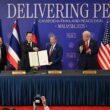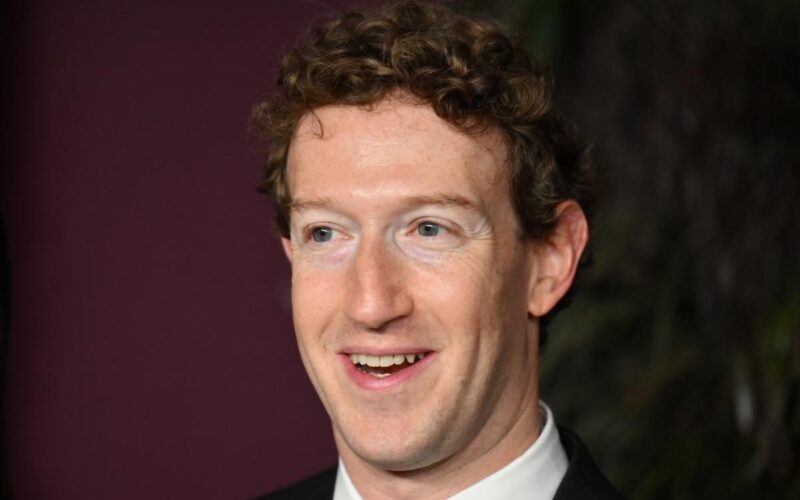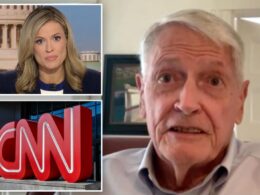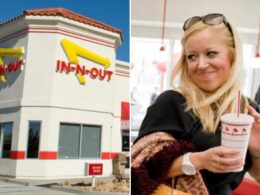Mark Zuckerberg’s Meta dodged a forced selloff of Instagram and WhatsApp after beating the Federal Trade Commission’s landmark antitrust case on Tuesday.
US District Judge James Boasberg, who presided over the bench trial in Washington, DC, federal court, said the FTC’s attorney had failed to prove their argument that Meta held a monopoly over social media sites built on “friends-and-family” connections.
“The Court ultimately concludes that the agency has not carried its burden: Meta holds no monopoly in the relevant market,” Boasberg wrote. “Judgment must therefore be entered in its favor.”
The ruling capped a five-year legal saga for Meta, which was accused of utilizing a “buy or bury” strategy to acquire upstart firms before they could threaten its empire.
Facebook acquired Instagram for $1 billion in 2012 and WhatsApp for $18 billion in 2014.
During a seven-week trial earlier this year, the FTC’s attorney argued that Meta held a distinct monopoly over what it called “personal social networking” apps.
The tech titan argued that it actually faces intense competition from the likes of Google-owned YouTube, TikTok and others in the social media realm.
Meta’s reps noted that the company got regulatory approval for its acquisitions at the time of the purchases and argued the FTC’s case was built on outdated information.
Boasberg appeared skeptical of the argument from the start of the trial, writing in his opinion that the FTC had faced an “uphill battle” to win the case.
“With apps surging and receding, chasing one craze and moving on from others, and adding new features with each passing year, the FTC has understandably struggled to fix the boundaries of Meta’s product market,” Boasberg wrote.
“Whether or not Meta enjoyed monopoly power in the past, though, the agency must show that it continues to hold such power now,” he added. “The Court’s verdict today determines that the FTC has not done so.”
Meta, which called the FTC’s case “weak” in the final days of the trial, praised the judge’s ruling.
“The Court’s decision today recognizes that Meta faces fierce competition,” a Meta spokesperson said in a statement. “Our products are beneficial for people and businesses and exemplify American innovation and economic growth. We look forward to continuing to partner with the Administration and to invest in America.”
The FTC stated it would review its options in light of the ruling.
“We are deeply disappointed in this decision. The deck was always stacked against us with Judge Boasberg, who is currently facing articles of impeachment,” FTC spokesman Joe Simonson said in a statement.
He was referring to a push by Republican members of Congress to oust the judge over his handling of ex-special counsel Jack Smith’s probe into President Donald Trump and the 2020 election.
Despite the win in court, Meta shares were down about 1% in Tuesday trading as tech stock remained under pressure due to fears about surging AI valuations.
The case provided a tantalizing glimpse behind the curtain about how Zuckerberg and his close allies thought through acquisitions as they scrambled to prevent rival companies from eating into Facebook’s revenue.
In one bombshell email from 2012 that was highlighted by the FTC, Zuckerberg admitted buying Instagram would “neutralize a competitor.”
FTC lawyers surfaced internal research and communications that revealed executives panicking that Instagram was steering minors toward adult sex creeps it called “groomers.”
Instagram co-founder Kevin Systrom testified that he felt Zuckerberg had viewed the photo-sharing app as a “threat” to Facebook’s core business and withheld key resources needed to improve safety.
Before the trial began in April, reports surfaced that Zuckerberg had offered the FTC $450 million to settle the case — reportedly just a fraction of the number sought by FTC Chairman Andrew Ferguson.








